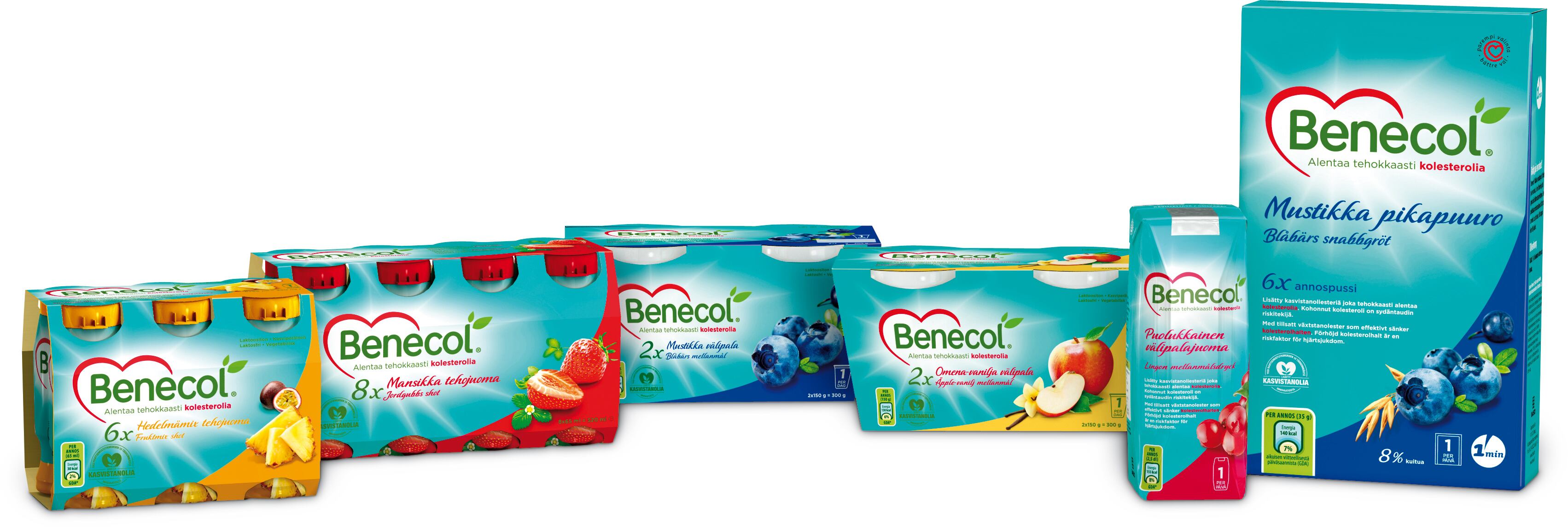Category leaders like Unilever pro.activ and Raisio Benecol have until February 15, 2014, to apply the warnings after the European Commission decided that the products should indicate they are designed only for people with cholesterol concerns.
According to the new rule, products will be required to bear warnings that, “the product is not intended for people who do not need to control their blood cholesterol level.”
It goes on: “The purpose of this mandatory statement is to ensure that the product reaches its target group, and thus avoid unnecessary consumption by non-targeted groups.”
Plant sterols and stanols won EU approval in 2009 that allowed them make cholesterol-benefitting claims under article 13 (general function) and 14 (disease risk factor reduction) of the EU nutrition and health claims regulation (NHCR) such as: “Plant sterols and plant stanol esters have been shown to lower/reduce blood cholesterol. High cholesterol is a risk factor in the development of coronary heart disease.”
Last year, Germany’s Federal Institute for Risk Assessment (BfR) said some research showed consumption of sterol-stanol fortified foods like breads, milks and margarines among the non-cholesterol challenged could be problematic.
At the time, it called on the European Food Safety Authority (EFSA) to perform a safety review of the nutrient after a literature scan highlighted potential health issues, especially a Dutch study published in 2011 in Atherosclerosis that signaled potential cardiovascular problems via retinal analysis.
Claim differentiation
After publication, Raisio spokesperson Heidi Hirvonen got in touch to say the changes required were minor and put in place to account for the differences between the approved article 13 and 14 claims.
"The change is due to the fact that food products such as Benecol products, which are eligible to use a strong article 14 claim, are differentiated from products eligible to use a weaker general article 13 health claim."

She added: "Mandatory labelling has been in place for all products containing plant stanols and plant sterol since the development of the legislation 2004," she said.
"Now only a minor rewording has been made to the statement to ensure that the product reaches the correct consumer."
